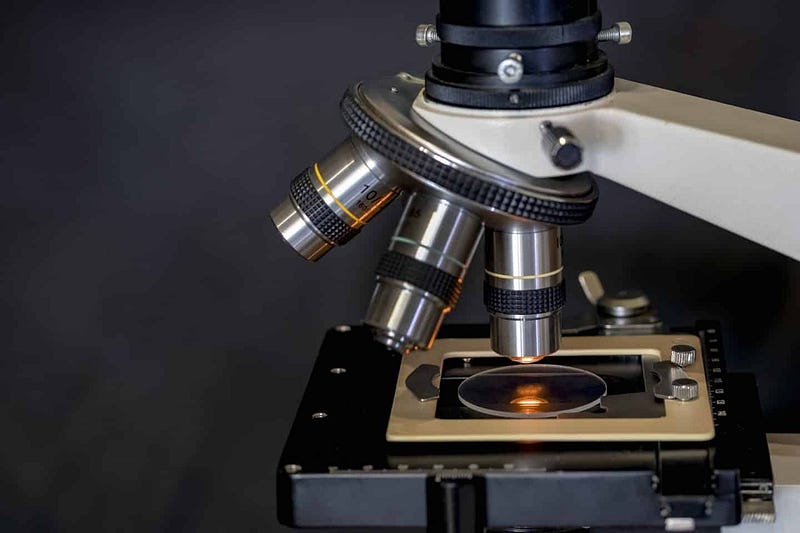Making Science Accessible: A Plea for Simplicity in Learning
Written on
Chapter 1: The Need for Simplicity in Science
It has become apparent that science can be quite overwhelming. If you could consider making it more digestible, I would sincerely appreciate it. Think of this as a makeover for science rather than “Dumbing down human knowledge for one confused individual.” Aim for a more streamlined, captivating approach that evokes a “Wow!” factor.
Here are several suggestions that could enhance the appeal of science:
Geology
One might mistakenly wonder, “Is that the subject about countries?” To eliminate any confusion, let’s rename Geology simply as “Rocks.”
Tribology
In a similar fashion, the intriguing field of friction and lubrication could be rebranded as “Rub-a-Lub-Lub.”
Biology
The exploration of life is fascinating, yet I find myself too busy living my own life to count legs, leaves, or phyla. Hence, I propose a more efficient classification system with just two categories: “Cute” and “Not Cute.” For example, bunnies? Cute. Mushrooms? Not cute. Protozoa? If you need a microscope to see it, let’s just say, “No protozoa, no problem.”
Mathematics
On the subject of seemingly pointless tasks, mathematics was enjoyable until letters entered the mix. Was that truly necessary? And why Greek letters? Let’s enforce a strict “Numbers Only” policy from now on. As NSYNC would say, it’s time to say “Bye, bye” to unnecessary complications.
Quantum Physics
Let’s not even delve into Quantum Physics. It seems that no one truly comprehends it, so why not just eliminate it? Let’s stick to the basics of Physics and forget about the elusive Theory of Everything.
Chemistry
“Ordering chemical elements in a table is so thrilling!” said no one ever. If scientists stopped searching for new elements, they wouldn’t need to arrange them at all. And the naming conventions? “Tin” is fine, but “Roentgenium”? Seriously? A “Best Baby Names” book would come in handy.
Astronomy
Let’s focus solely on the most useful celestial bodies—the Moon and the Sun. I already recognize them, and if I forget, I can simply glance at the sky. This would simplify Astrology as well, which many would consider a win.
In summary, this is how to transform science from an intimidating, stress-inducing subject into something that resonates with me.
Watch and learn, Neil deGrasse Tyson. It’s time for a change.

Chapter 2: Envisioning Science for All
In this video, Beau Lotto and Amy O'Toole discuss how science can be made inclusive for all ages, emphasizing the importance of engagement in learning.
This video features a discussion on how educators can adapt their teaching methods for science during a pandemic, highlighting innovative approaches to maintain interest in the subject.